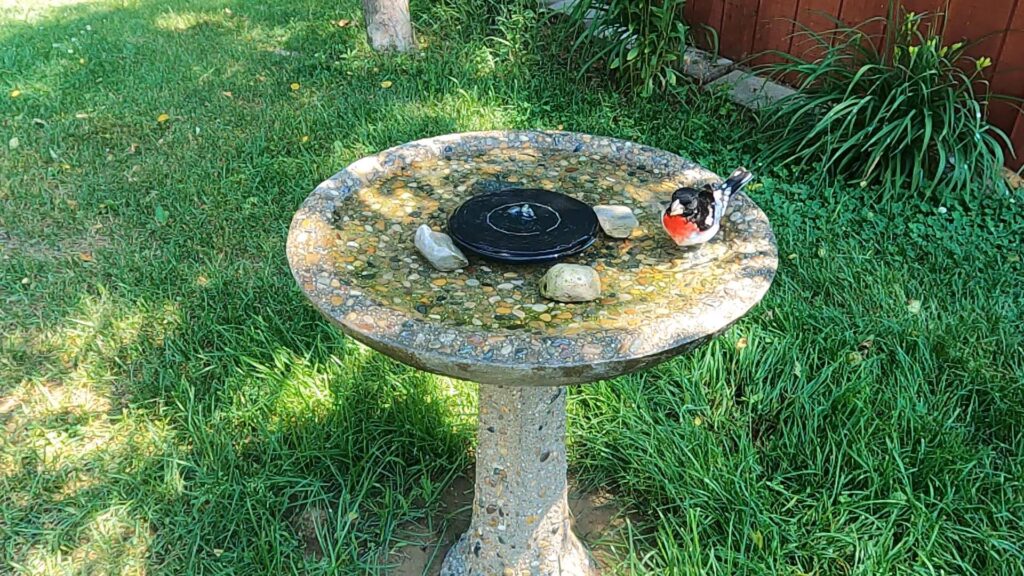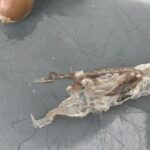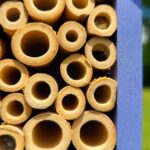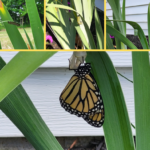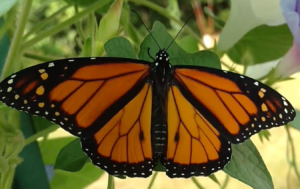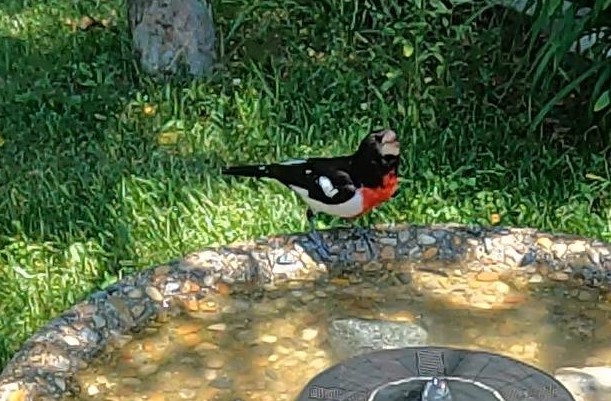
I’ve been a bit remiss about these Friday Features. We are still dealing with Tilda’s illness and we’ve been working on lots of outdoor landscaping projects in our free time. I want to get back at it though! So, without further ado, here’s our featured species for this week, the Rose Breasted Grosbeak.
These birds prefer black oil sunflower seeds over all other options. They also very much prefer to sit at the hopper feeder than the platform feeder, so we don’t have any great pictures of them yet from the Bird Photo Booth. However, I’ve been putting the GoPro out at the bird bath and they’ve been visiting the bath pretty regularly. Check out this compilation video of them bathing!

Some things to know about the Rose Breasted Grosbeak:
- They are migratory, we only have them here in Michigan from about May to September. We consider them a harbinger of good weather in the spring!
- The males and females look VERY different! The males are ostentatious with their red breast and sharp black back. The female is much more understated, but we differentiate her from sparrows and the like by her little raccoon mask on her face.
- I rarely see them eat anything at the feeder besides black oil sunflower seeds. They will eat a LOT Of those though!
- They are fairly dominant at the feeder and even at times aggressive. They get a seat and nobody can budge them from it.
- A mating pair sticks together! You’ll see them feeding side by side, bathing side by side as in the video below. They seem to really spend a lot of time together and if you see one, the other isn’t too far away. Both build the nest and care for the hatchlings.
- Most of the specimens here in Michigan spend their winters in Panama and the northern parts of South America. It’s fun on birding sites to see birders in S. America get just as excited to see these guys return to their winter grounds as we are when they come here!
- The males sing a very pretty song fairly frequently. It lets other males know this is their lady and this is their territory. They sometimes sing perched right on the feeder!
Here’s some previous shots of the rose breasted grosbeaks! We are really hoping to get some more this season.


